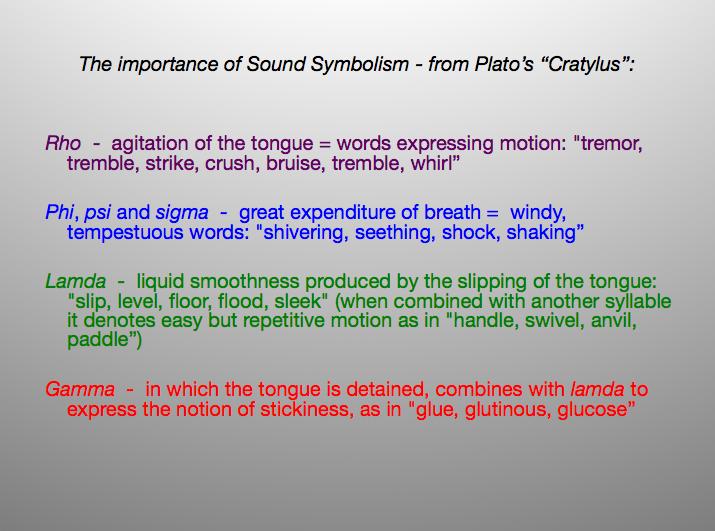 | ||
Criticism of à priori language goes back a long way. Here are some excerpts from a paraphrased translation of Plato’s “Cratylus”, written in the 4th Century BC, the gist of which has since been confirmed in many languages. For such reasons neologisms of impeccable etymological pedigree have sometimes failed, whereas words of totally obscure origin have occasionally succeeded. The superiority of à posteriori over à priori features is not restricted to vocabulary but extends to grammar. For example, Esperanto took most of its word-roots from existing languages but failed to follow the precedent of incipient languages by omitting word-class inflections. | ||